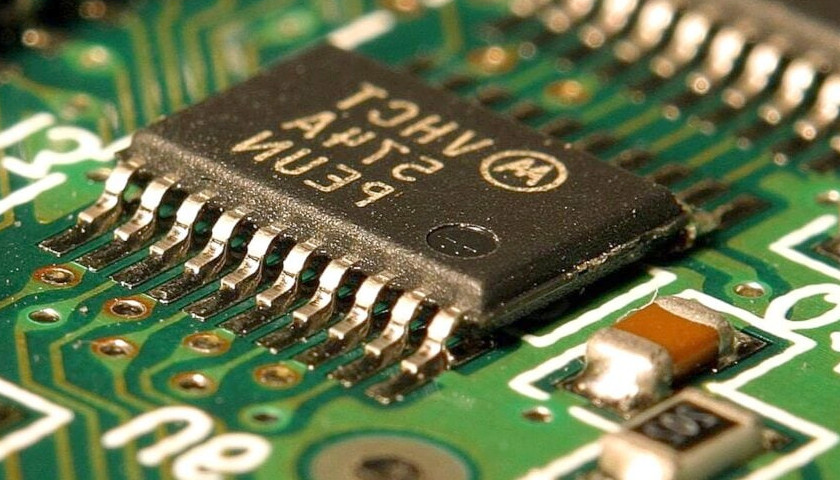China’s rise to rival the United States as a global superpower has been unprecedented. The last war between empires was centered around an arms race, and ended with the U.S. standing strong and solitary atop the world as the Soviet Union fell. But a new race has begun in those 30 years since. China sprinted ahead of the U.S., this time in the field of technology, and aims to stay there. But Congress and the Biden administration have other ideas.
Read MoreTag: CHIPS Act
Commentary: Onshoring Semiconductor Capacity Is Crucial to National Security
When you think about national security, you probably don’t immediately think about semiconductors. These tiny chips are the “brains” enabling all the computational capabilities and data storage that we take for granted today. Chips power virtually every sector of the economy – including data centers, automotive, healthcare, banking, and agriculture. As a consequence of their widespread use, semiconductors have grown to become a $555 billion global industry, and are the world’s fourth most traded product. Semiconductor manufacturing and advanced packaging have been cited frequently as one of the main critical supply chain priorities for the nation.
A steady source of uninterrupted, trusted chips is necessary for the security of the nation – supporting the readiness of the U.S. military and protecting critical infrastructure like the electric grid. The problem is that most chips are fabricated outside of the U.S., in the vulnerable region of Southeast Asia – hence the security issues. Around three quarters of global chip production capacity comes from Southeast Asia.
Read More
